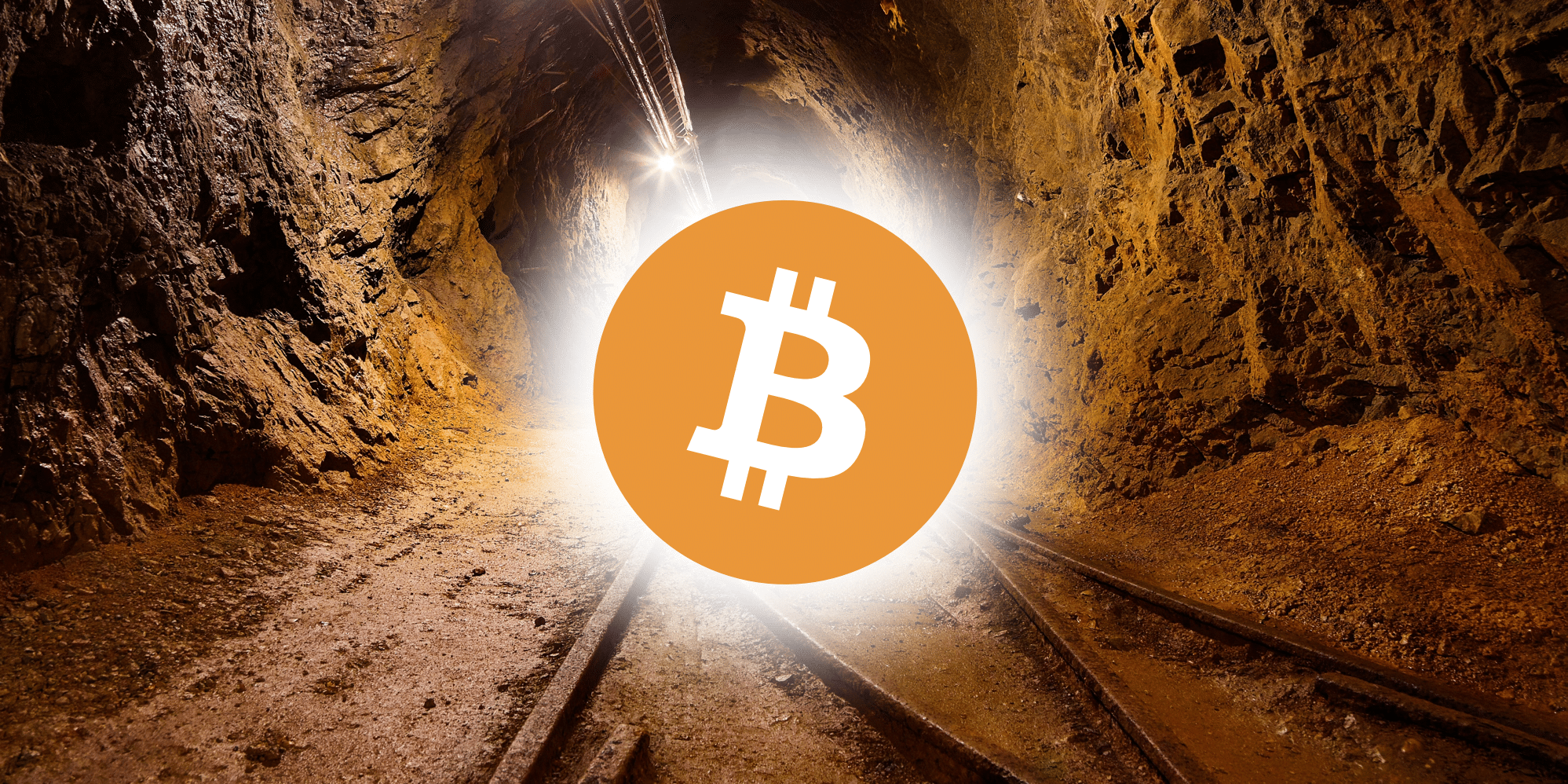- What are Crypto Futures?
- Crypto Futures: How Do They Work?
- Final Thoughts: The Basics of Crypto Futures
It has been almost a century since derivative contracts were introduced to the world of trading, but cryptocurrency is a relatively new addition to trading platforms.
Today, digital assets can comprise a substantial portion of an investor’s portfolio, and their volatility makes them ideal candidates for futures products.
The crypto futures market is a commonly traded derivative, and it also incorporates many well-established derivatives. The general public confuses futures with options, but they are completely different instruments with distinct advantages and disadvantages.
Futures are financial contracts that obligate an investor to buy or sell an asset at a predetermined price and future date; the buyer of a futures contract must buy or sell the underlying asset at the set price, regardless of what that market price is at the expiration date.
An option is similar in that it’s a derivative product, but the buyer of the option isn’t obligated to exercise it in the future.
The following guide explores some of the nuances of crypto futures.
What are Crypto Futures?
Traders can access cryptocurrencies without purchasing the underlying assets by trading USDT-margined futures. A similar concept is a commodity index or derivative contract, in which an investor assumes a risk associated with the future value of a commodity.
Consequently, a crypto futures contract represents a certain amount of bitcoin or ether. Upon a crypto futures contract expiration, the trade is settled in cash rather than the underlying digital asset.
Crypto futures are typically very risky investment instruments, but savvy traders can use futures to hedge risk and protect themselves from adverse market conditions. The volatility of digital assets presents unique challenges.
For instance, take the idea of short selling a futures contract– essentially entering a contract where one “sells” the underlying asset and then has the option to “buy” it back, ideally at a lower price in the future, making a profit on the difference.
In this example, one could buy the underlying asset, let’s say BTC, as well as crypto futures contract to “short” BTC. If the BTC price rises, the trader profits on the appreciation of the asset, but loses some money on the options contract
When one “short sells” a futures contract, they are buying a contract to sell at (ideally) a lower price in the future– no borrowing of money or purchasing the underlying asset is necessary.
This mechanism enables holders of crypto futures contracts to profit regardless of whether the underlying asset’s price rises or falls.
It is also worth noting that cryptocurrency futures do not involve actual cryptocurrency ownership but rather a risk-based investment based on price movements. Investors can also lose money on the purchase price of the contract, and rather than simply taking a percentage loss on the underlying asset’s price (let’s say BTC falls 10%), they could take a 100% loss on the crypto futures contract if it doesn’t pan out as planned. Crypto futures stand out to investors because most marketplaces offer the use of leverage, which magnifies their opportunity for gain or loss.
This is why it’s critical traders should understand the fundamentals of crypto futures before investing due to the high volatility associated with derivatives trading.
Crypto Futures: How Do They Work?
There are several exchanges and providers that offer futures and options trading; Binance Futures, for example, offers 24-hour trading of cryptocurrency futures.
Final Thoughts: The Basics of Crypto Futures
Crypto derivatives are complicated, and novices and experts alike can lose large sums of money in a short time window.
This article should help you understand the basics of crypto futures, but it is not meant to be a “fast-track” on how to actually use them. A deeper understanding of crypto derivatives begins with familiarizing oneself with their fundamental concepts.
Never Miss Another Opportunity! Get hand selected news & info from our Crypto Experts so you can make educated, informed decisions that directly affect your crypto profits. Subscribe to CoinCentral free newsletter now.










